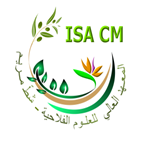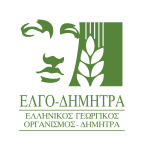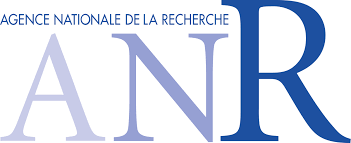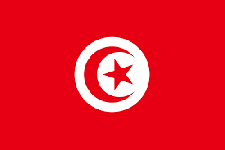ABOUT US




Drought and salinity are among the dominant environmental problems in a context of climate change. Coastal regions of the Mediterranean area are affected by aridity, water, soil Salinization, and rise of sea levels. Saline wetlands are extending in the detriment of arable lands and natural vegetation, which increases human food and economic vulnerability. The saline lands are characterized by the expansion and invasion of adapted halophile communities. Sheep and goat populations reared near to sea areas are very well adapted to the high salinity, dry and high temperature environments, consuming a wide range of halophytes. Some of these halophytes accumulate antioxidants and minerals that could be benefic for reproduction, immune system, health and product quality. However, others can be toxic for animals and/or invasive. With climate change, invasive species is a real danger to flora diversity and balance of ecosystems. Grazing may reduce their negative effects and the spread of some invasive species, but it can endanger even more flora diversity. Climate change will affect livestock production through competition for natural resources, quantity and quality of feeds, livestock diseases, heat stress and biodiversity loss. Therefore, the challenge is to maintain a balance between productivity, household food security, and environmental preservation in such vulnerable regions. Sustainable valorisation of saline areas can be a way to ensure incomes from small ruminant activities and can contribute to improve life quality in these saline areas. Integration of Agro-ecological practices in sheep/goat production system based on the valorisation of saline area (HaloSheep) will assure sustainability and promote ecotourism at a long term.



.jpg)















